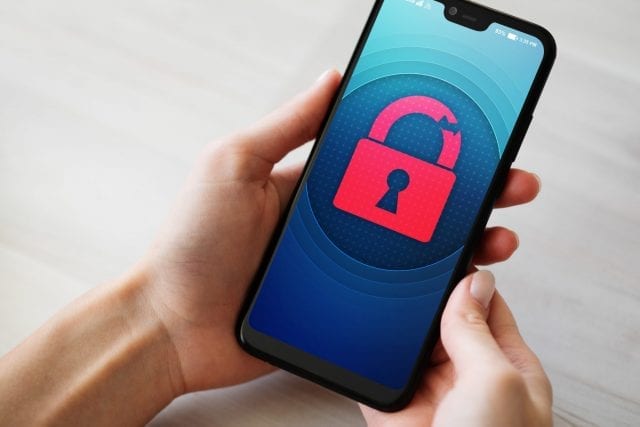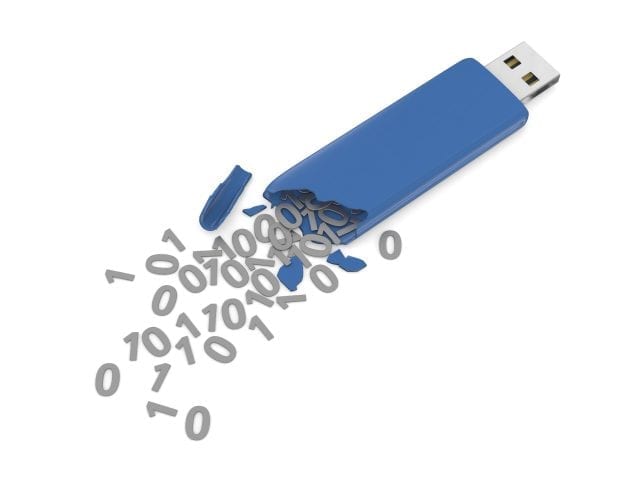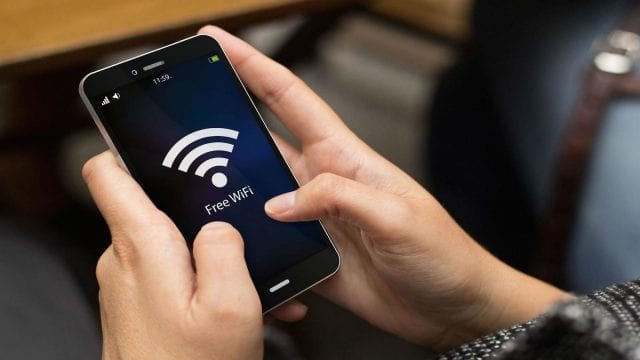
Cell phone security dangers are on the ascent. In 2014, Kaspersky Lab distinguished practically 3.5 million bits of malware on more than 1 million client gadgets. Also, as detailed by the IT Web, the number of new malware projects identified every day has come to more than 230,000- – a significant number of which target cell phones. Here’s a gander at the best seven cell phone dangers and what’s on the horizon.
1. Data Leakage

Versatile applications are regularly the reason for inadvertent information spillage. As supported by eSecurity Planet, for instance, “riskware” applications represent a genuine issue for versatile clients, who give them clearing consents, however, don’t generally check security. These are normally free applications found in authority application stores that execute as promoted, yet additionally, send individual—and conceivably corporate—information to a remote server, where it is mined by sponsors or even cybercriminals.
Information spillage can likewise occur through threatening undertaking marked portable applications. Here, portable malware utilizes dissemination code local to well-known versatile working frameworks like iOS and Android to spread profitable information crosswise over corporate systems without raising warnings. To keeping away from this issue. just give applications authorizations they completely demand, and do without any program that requests more than should be expected.
2. Network Spoofing
System ridiculing is when programmers set up phony passages (associations that resemble Wi-Fi organizes, however, are really traps) in high-traffic open areas, for example, cafés, libraries, and air terminals. Next, cybercriminals give the passageways normal names, similar to “Free Airport Wi-Fi” or “Café,” which urge clients to associate.
Now and again, assailants expect clients to make an “account” to get to these free benefits, total with a secret word. As anyone might expect, numerous clients utilize a similar email and secret phrase blend for various administrations, enabling programmers to bargain their email, internet business, and other secure data.
Notwithstanding utilizing alert when associating with any free Wi-Fi, never give individual data, and on the off chance that you are approached to make a login, consistently make a one of a kind secret word, if something goes wrong. Head over to robots.net for more information on mobile security.
3. Unsecured Wi-Fi

Nobody needs to consume their cell information when remote problem areas are accessible—yet free Wi-Fi systems are typically unbound. As indicated by V3, truth be told, three British government officials who consented to be a piece of a free remote security analysis were effectively hacked by innovation specialists and had their internet based life, PayPal and even VoIP discussions traded off. To be protected, just utilize free Wi-Fi sparingly on your cell phone, and never utilizing it to get to secret or individual administrations, such as banking or charge card data.
4. Spyware
As indicated by eWeek, while numerous versatile clients stress over malware sending information streams back to remote forces or universal cybercriminals, there’s a key danger closer to home: Spyware. Much of the time, it’s not malware that clients ought to be stressed over, but instead, spyware introduced by mates, associates or businesses to monitor their whereabouts and use designs. Download a strong (and authentic) antivirus and malware recognition suite to help distinguish and wipe out these projects before they get an opportunity to gather your information.
5. Phishing Attacks

Since cell phones are constantly fueled on they speak to the bleeding edges of any phishing assault. As indicated by CSO, portable clients are increasingly defenseless, since they are frequently the first to get real appearing messages and take the lure.
Work area clients who just browse their email once per day or each other day are frequently cautioned off by news locales or security notices before navigating. Email observing is urgent. Never click on new email joins. On a little portable screen, they can be significantly harder to confirm. Continuously enter URLs physically to be as protected as could be allowed.
Visit here thesageinsider.com for latest technology trends.








